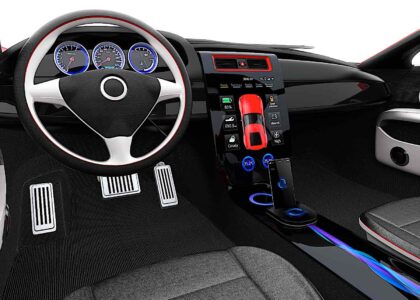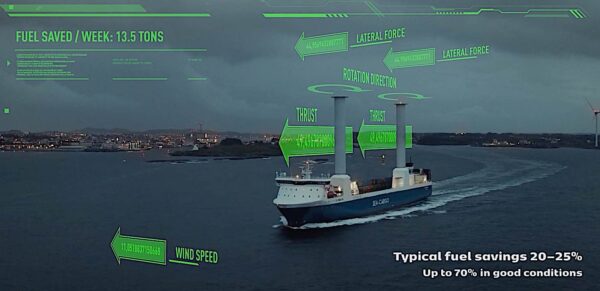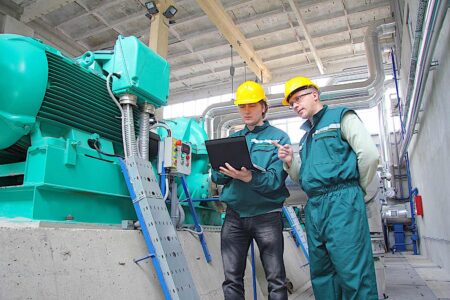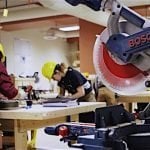A new development in the ongoing quest for a grid-scale electricity storage system was reported in Scientific American. Invented by a New York City-based startup, Urban Electric, the promising new development uses old technology—the zinc anode rechargeable battery—but adds a relatively simple innovation.
According to the head of Urban Electric, chemical engineer Sanjoy Banerjee, the company set out to create a “massive rechargeable Duracell,” because such disposable batteries, using zinc and manganese and other inexpensive materials are the “lowest cost battery” possible.
The problem with zinc in rechargeable batteries is that it develops flaws that, over a short number of recharge cycles, clog the battery and quickly choke it off. The challenge was therefore to find a way to use zinc but eliminate the clogging. They found that way to prevent the degradation of the battery: it is flow. By circulating water around the battery components, they are able to prevent the formation of dendrites—the branch-like growths that form on the zinc electrode and kill the typical alkaline battery after a few hundred cycles. The water is circulated by means of an array of tiny propellers.
So far, the company says it has run the batteries over 3,000 cycles of two hours’ charging and two hours’ discharging. The goal is to reach 10,000 cycles or more.
The cost, too, could be a breakthrough. Urban Electric Power reportedly estimates that its grid-scale batteries can store electricity at a rate of $91 per kilowatt hour. Anything below $100 per kilowatt hour is considered significant in the energy storage industry.
The company says its zinc rechargeable battery technology is safe and non-toxic, using 100 per cent recyclable materials with no lead or other heavy metals. The prototype has been developed with support from the US Department of Energy Advanced Research Project’s Agency-Energy (ARPA-E).
The design is simple enough that the batteries can be assembled using just regular restaurant kitchen pasta-making equipment, such as rollers and stirrers.

































